The Evolution of Pokémon Cards: From Base Set to the Latest Releases
Take a trip down memory lane with the iconic Pokémon trading cards. Since the inception of the Pokémon Trading Card Game (TCG), players worldwide have found joy in battling against their opponents with carefully crafted Pokemon character attacks. After a quick success in Japan, Pokemon cards quickly spread to the US, allowing even more players to join the fun. Whether the game is a nostalgic favorite or a new endeavor, you'll find ample Pokemon cards and merch options at Sugoi Mart.
Below, we dive into the history of Pokemon Cards more in-depth, from their invention to the latest releases you'll want to keep your eyes peeled for in the shops.
The Origin of Pokémon Cards

Image credit: playgroundarena.com
To fully explore the history of Pokemon cards and TCG, it's necessary to delve into the creation of Pokemon itself. In the early 1990s, Satoshi Tajiri crafted the idea of Pocket Monsters after his fascination with bugs in his youth. This idea was presented to Nintendo, who eventually agreed to allow Tajiri to pursue the project. He paired with the famed game maker Shigeru Miyamoto to bring Pocket Monsters to fruition over the course of six years. In 1996, the Pocket Monsters video game was launched in two versions for the Game Boy console in Japan. This preliminary version of the game used a cable that connected to two consoles, allowing for the swap of the opponent's active Pokémon. With the game's popularity, it took only two years for it to be launched in the US and another year for a UK launch.
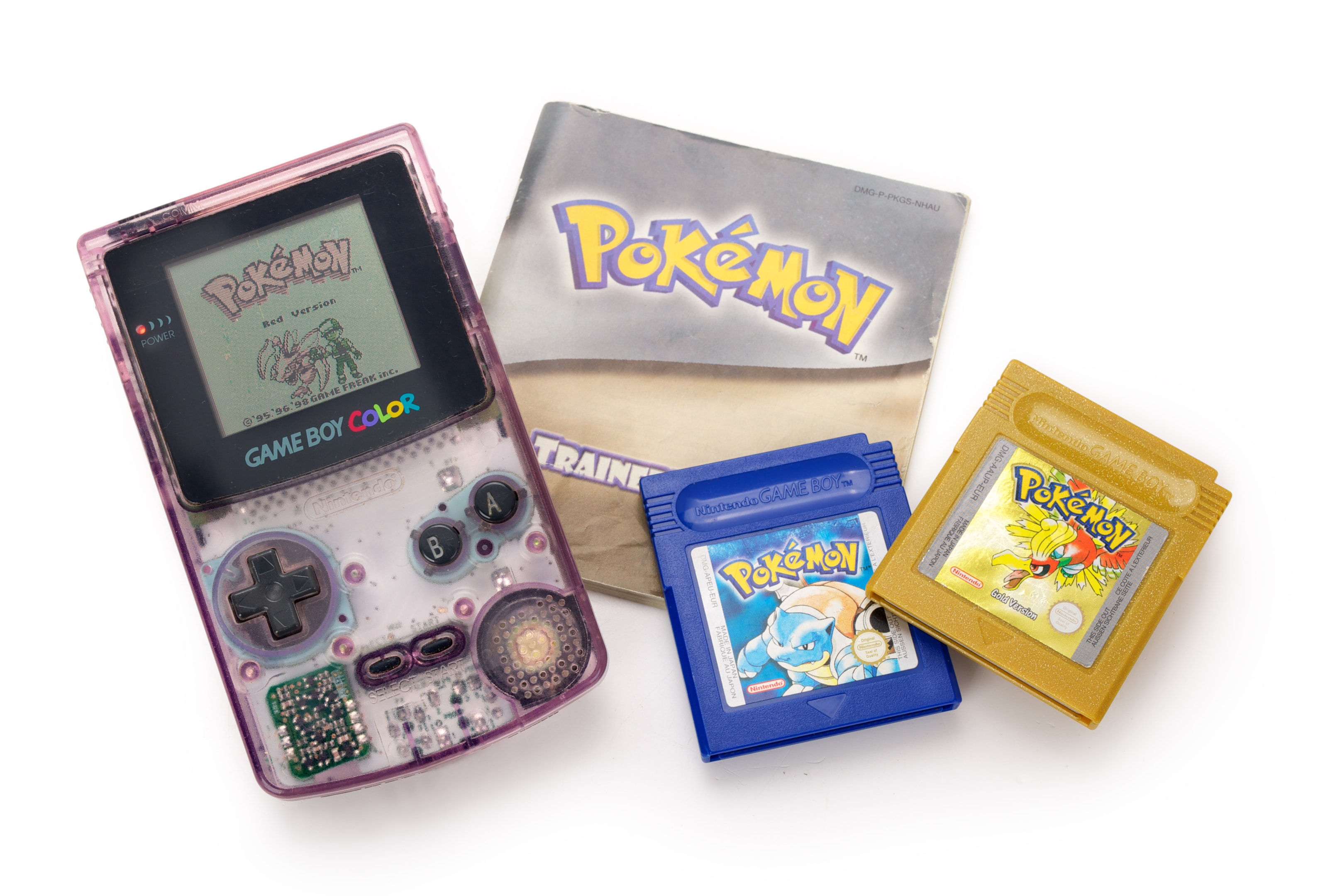
Eventually, the name shifted from Pocket Monsters to the better-known name of Pokémon. Each release of new Pokémon video games brought with it additional characters, creating an incentive for users to continue upgrading their games. With millions of copies of the Pokémon video games sold, it quickly became clear this would be a global phenomenon in the coming years.
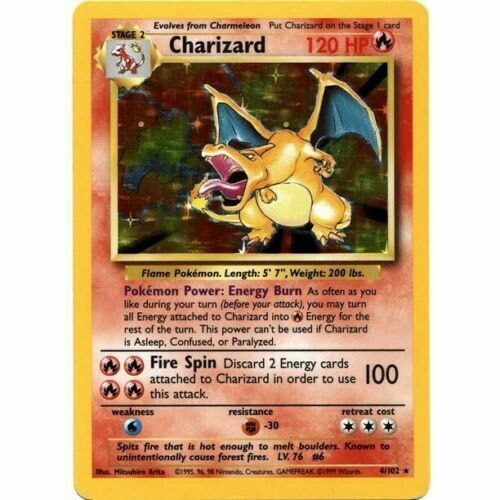
The initial success of the video games led to the launch of the first Pokémon TCG cards, also released in 1996 by Media Factory. This set included 102 cards with images Ken Sugimori, Mitsuhiro Arita, and Keiji Kinebuchi created. These cards quickly became popular, leading to the release of the first Pokemon cards in the USA in 1999, also known as the Base Set. This release is often connected to the start of the Pokémon card tournaments, where players can battle each other in person. Though other versions of the cards have since launched, the Base Set remains highly desirable amongst Pokémon fanatics, with the best Pokemon card noted as the Charizard Shadowless Holofoil, which has a price tag of up to $236,250 depending on its condition.
Key Changes and Developments Over the Years
Since the release of the Base Set, additional sets have been launched through the years. These sets include limited edition deck volumes, promo decks, Pokemon booster packs (like the Pokemon Cards Booster Box: Vmax Climax), new types of energy cards, other expansions, etc. Not only has the amount of card variations and characters expanded, but other key changes have occurred, including the card design.
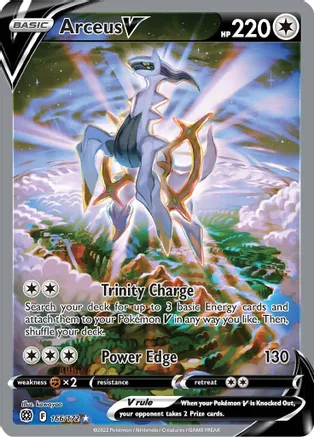
As technology advanced, so did the ability to craft cards that featured more detailed designs. When comparing originally released cards to more recent options, fans will find the initial designs to be more simple and the current designs more art-centric and captivating. Regarding the rules of Pokémon TCG, multiple rules have been put in place to create fairness during tournaments and gameplay. For example, the player who goes first is limited in what they can do to prevent an unfair advantage. Additionally, rules have been created to prevent players from playing "unreasonably slow" to manipulate the amount of time left. Additionally, certain cards that were deemed too powerful or able to offer an opponent an unfair advantage have been banned from play.
Notable Expansions and Iconic Cards
Since the release of the Base Set, additional expansion packs have become available. These packs are meant to "expand" on the Base Set and are released every few months or so. Expansions can include new cards or reprints of older cards. Below are a few notable expansion packs released through the years.
Jungle
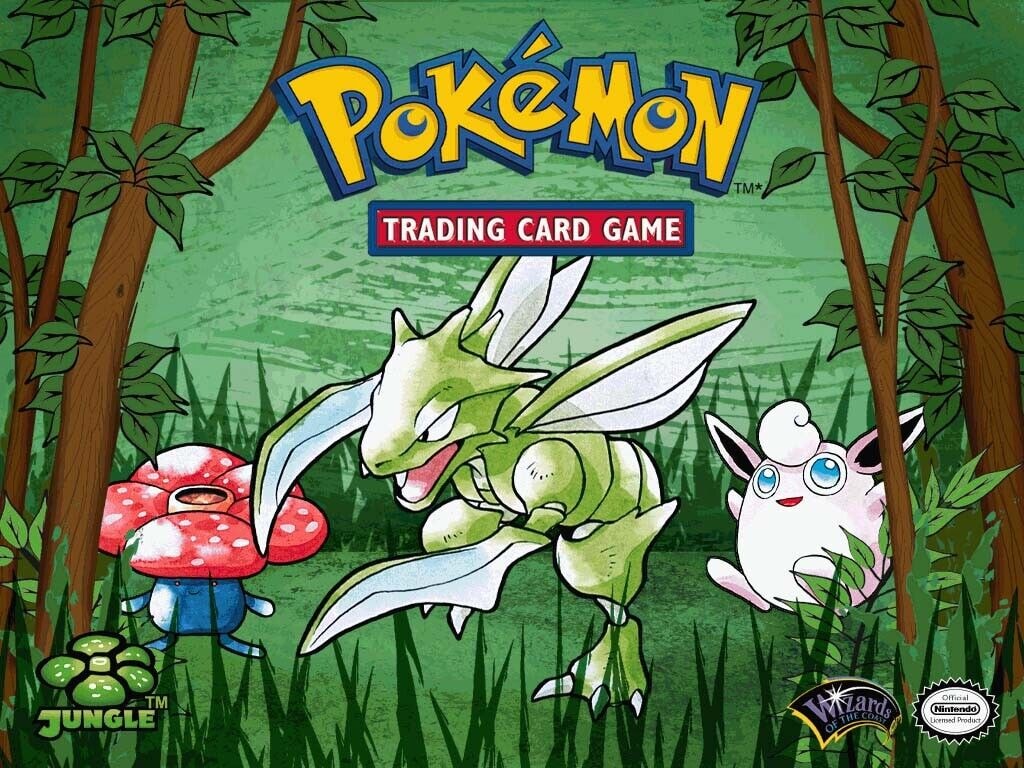
This was the second expansion pack of Pokemon cards released. It was launched in June of 1999. It contained 48 cards in the Japan release and 64 in the US release, which included additional non-holofoil versions of Super Rare cards.
Fossil
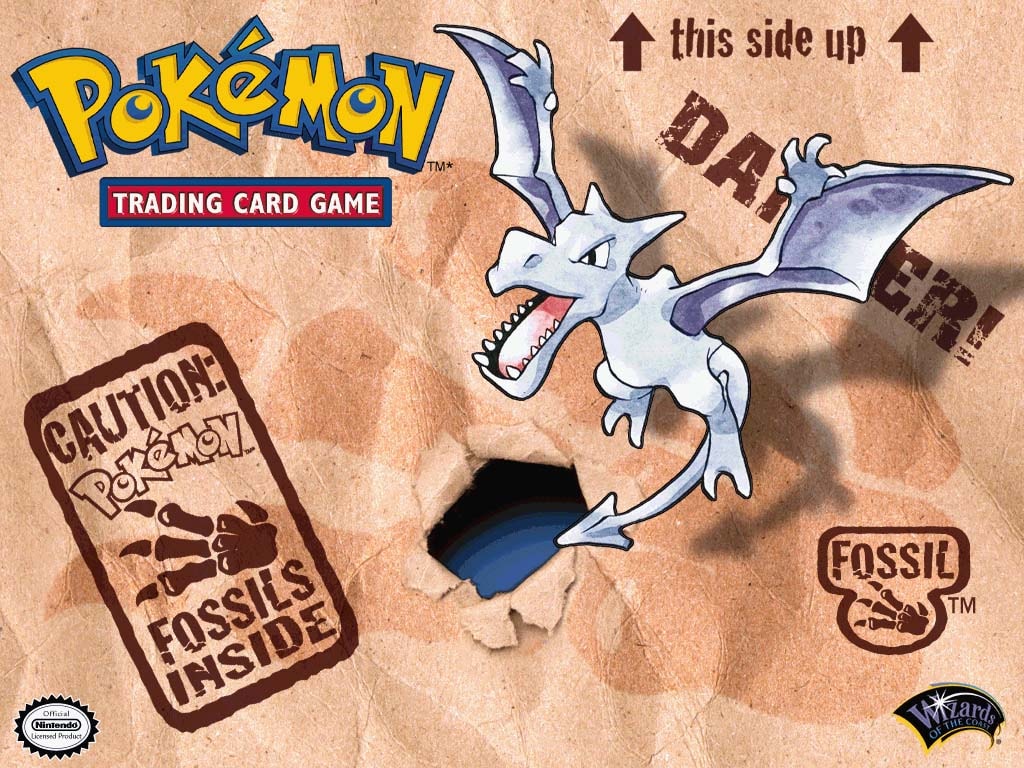
Fossil is the third expansion pack released, launched in October 1999. It includes 62 cards and features Generation I Pokemon along with Fossil Pokemon. It's worth noting that this expansion pack was the last to include Galaxy Star Holofoil cards.
Team Rocket
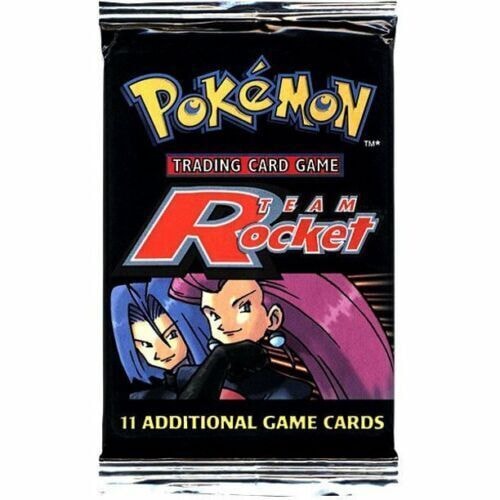
This expansion pack is another deck in the Main Series Expansion. It was released in April 2000 and included 82 cards plus one secret card. The cards are based on Generation I Pokemon plus Team Rocket. This particular deck introduced Dark Pokemon into the mix, which can be distinguished by their brown/black artwork.
Scarlet Violet - Temporal Forces
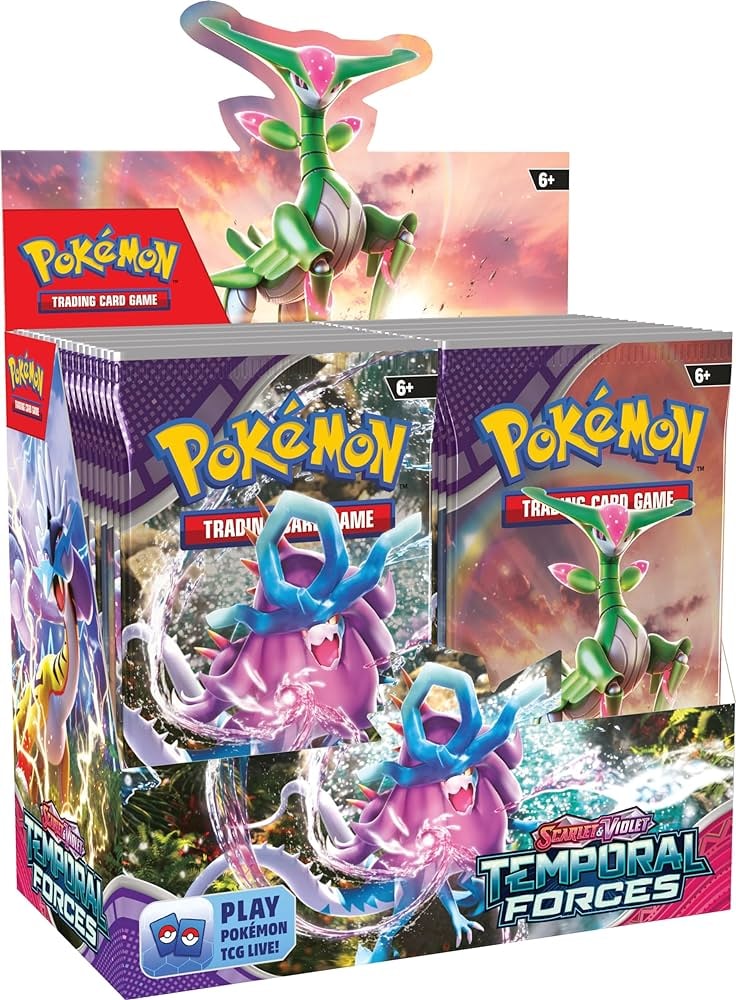
One of the most recent expansion pack releases is the Scarlet & Violet Temporal Forces pack, which came out in March 2024. This pack includes 162 cards, with 56 secret cards. This set focuses on new Ancient and Future Pokemon, with Trainer included.
Scarlet & Violet - Twilight Masquerade
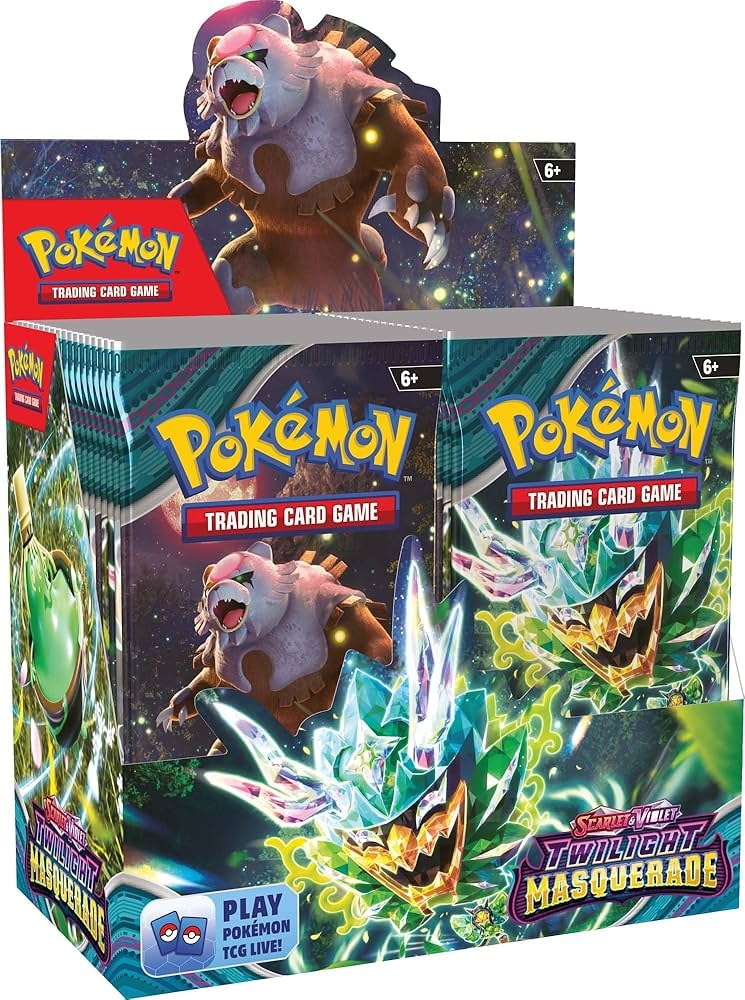
Also released in 2024 (May) was the Twilight Masquerade Scarlet & Violet deck. This deck, in particular, focuses on the land of Kitakami, with Pokemon, characters, and locations featured in Kitakami. You'll find 167 cards, with 59 secret cards in this deck.
Through the release of 98+ expansion packs, there are two Pokemon cards that remain popular and highly sought after - the Holographic Charizard and Pikachu cards. Each of these cards is worth quite a bit of money, especially those in mint condition. Though there is some debate on which is the best Pokemon card, the highest-selling card ever has remained an Illustrator Pikachu card.
The Competitive Scene and Tournaments
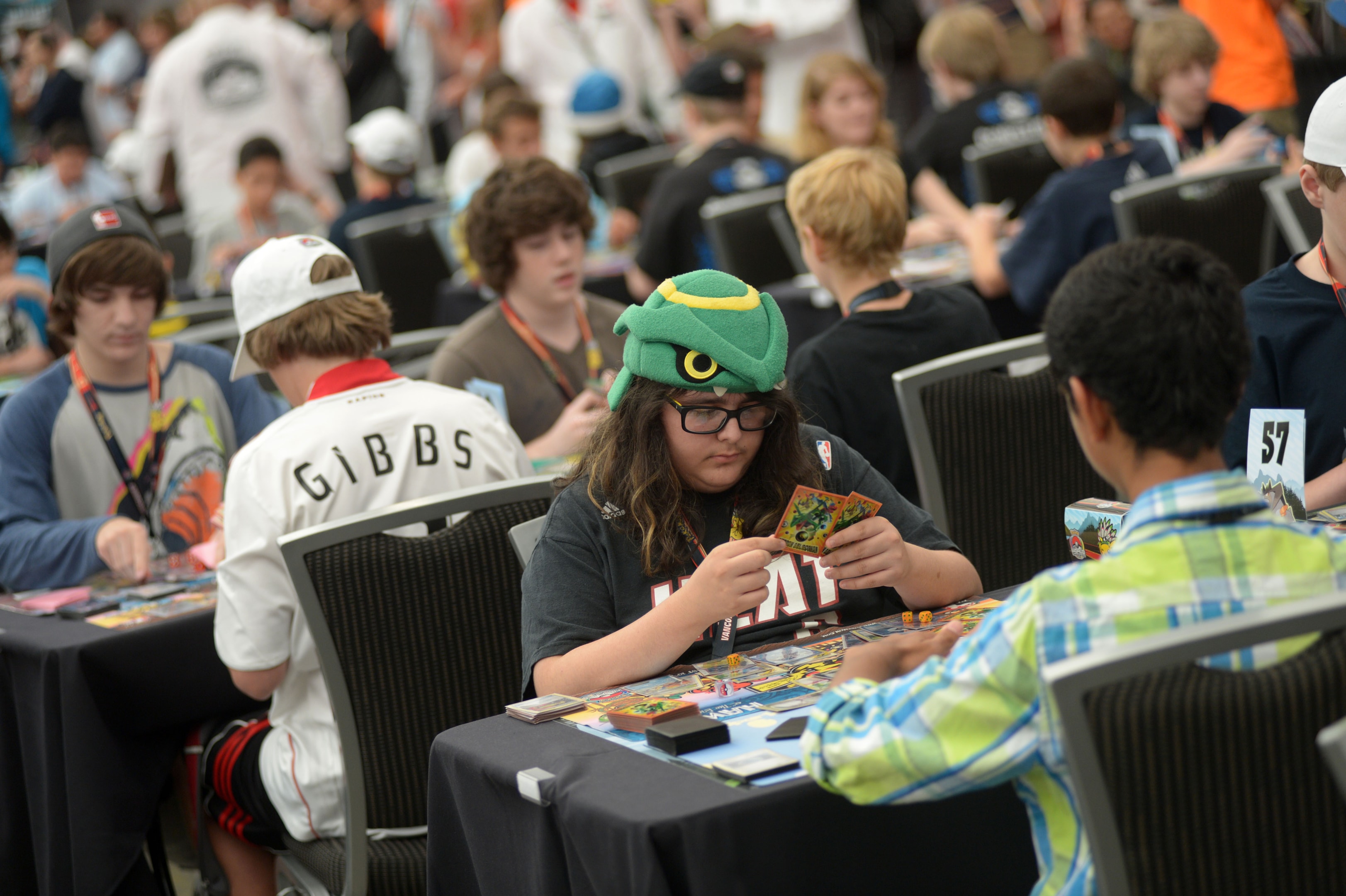
One significant aspect of the Pokemon TCG is real-life tournaments. Players will begin in League Challenge tournaments, which can lead them to play in the League Cups, then Pokemon Regional Championships, Pokemon International Championships, and eventually the Pokemon World Championships. In particular, the Pokemon World Championships have had a significant impact on the Pokemon community as they helped create more fans and spread the word about the game. It has even been said that the World Championships have helped re-establish a fan base for older Pokemon fans who lost interest for a few years.
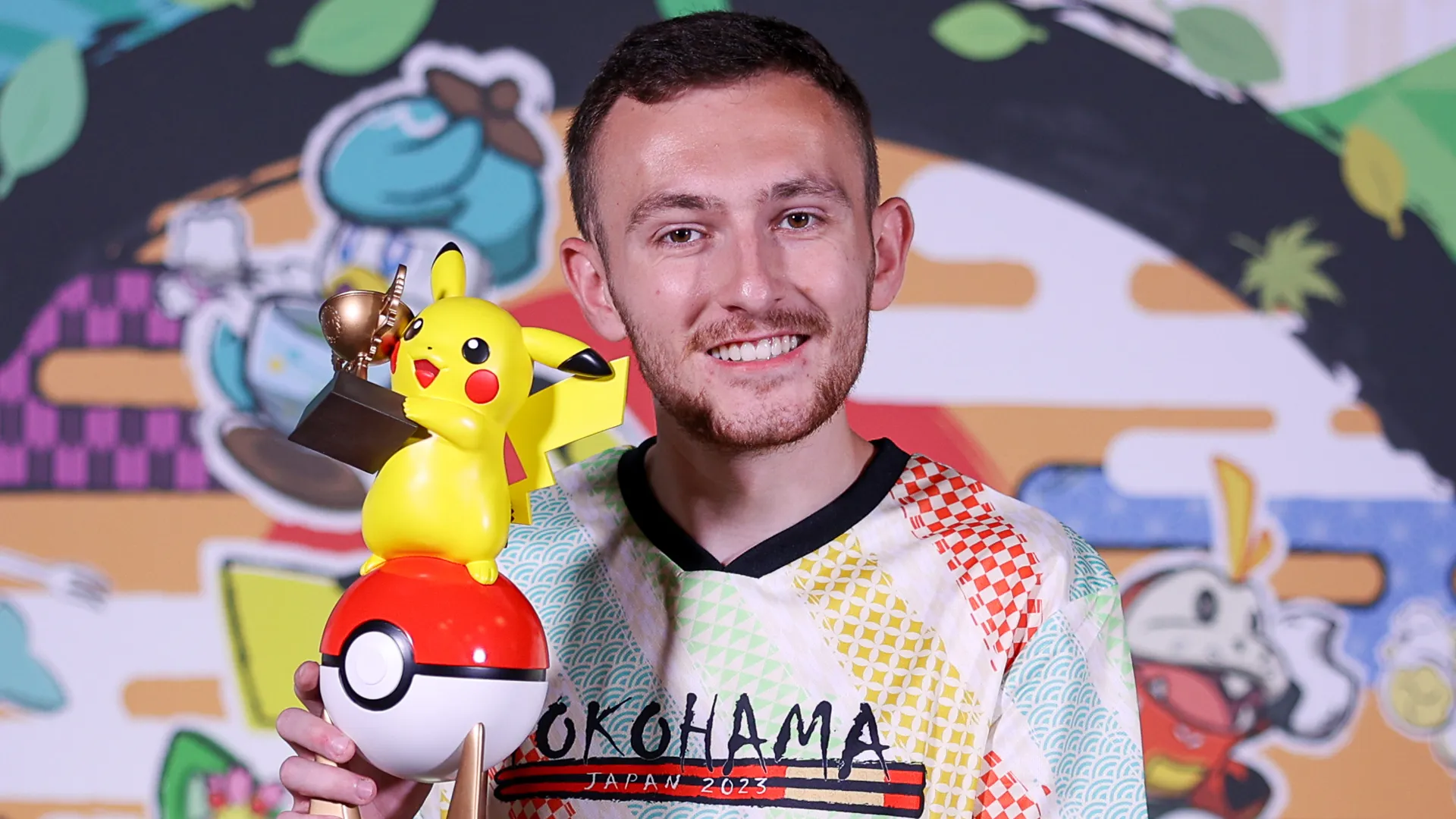
Image credit: The Pokémon Company
Many Pokemon TCG players have proved notable through the years; however, a few stick out in particular due to the length of time they have played the game, their skills, selecting the best Pokemon card (or cards), employing effective damage counters, and other factors. Vance Kelley is a well-known player, as he recently won the 2023 Pokemon World Championship with a MEW VMAX deck. Andrew Hedrick is another recent winner (2024) who competed in a pool of 2,600+ players for the title. Ultimately, his Lost Zone Box deck helped him achieve victory.
High-Value and Rare Pokémon Cards
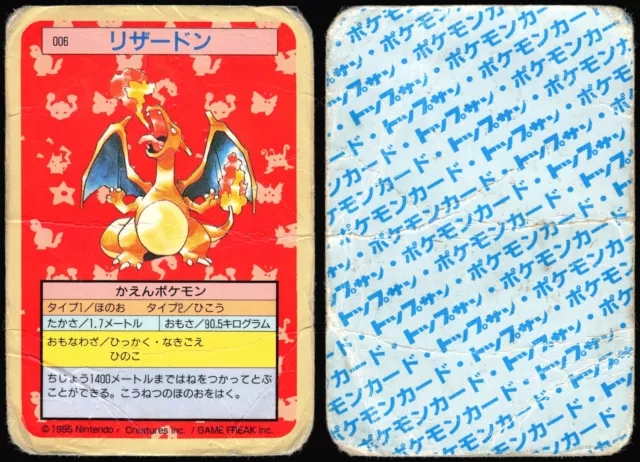
Many factors go into deciding whether Pokemon cards are valuable, from the year they were released to rarity and condition. While some of the high-value cards have sold for hundreds of thousands of dollars (like the First Edition Shadowless Holographic Charizard 1999 edition and the Charizard Topsun Blue Back 1997), one particular Pokemon card has proven to be the most valuable (and perhaps the best Pokemon card overall). With a valuation of $5.275 million, the 1 PSA 10 Illustrator Pikachu card, a promotional card released in 1998, was most recently purchased by a famous YouTuber.
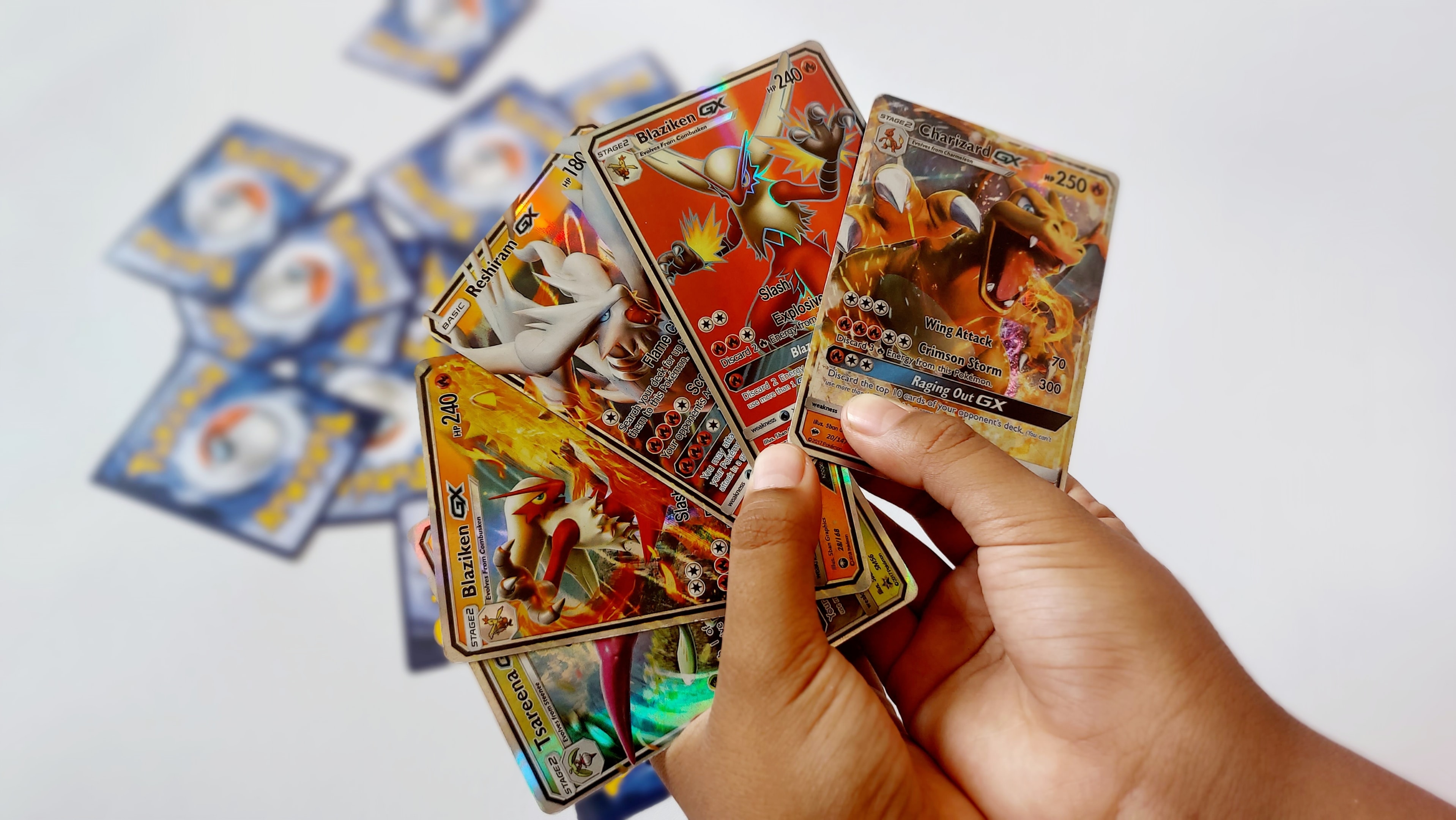
If you want to begin your own Pokemon card collection, you'll want to know the best ways to spot valuable cards and care for them properly to ensure they maintain a high value. One easy way to find more valuable cards is by hunting down options noted as Rare, Holofoil Rare, Ultra Rare, or Secret Rare. (For more information on this, check out our guide to Pokemon trading cards). You can also tell whether the card is valuable if it's a first edition, as noted on the side of the card. Pokemon cards that have been professionally graded are usually also valuable, as they've been confirmed legitimate.
When it comes to caring for your cards, it's essential to keep them in sleeves in a binder, as this will help protect them from fading or other damage. An important note is to keep your cards out of areas that vary in temperature greatly and avoid leaving them in the sun.
The Latest Releases and Trends in Pokémon Cards
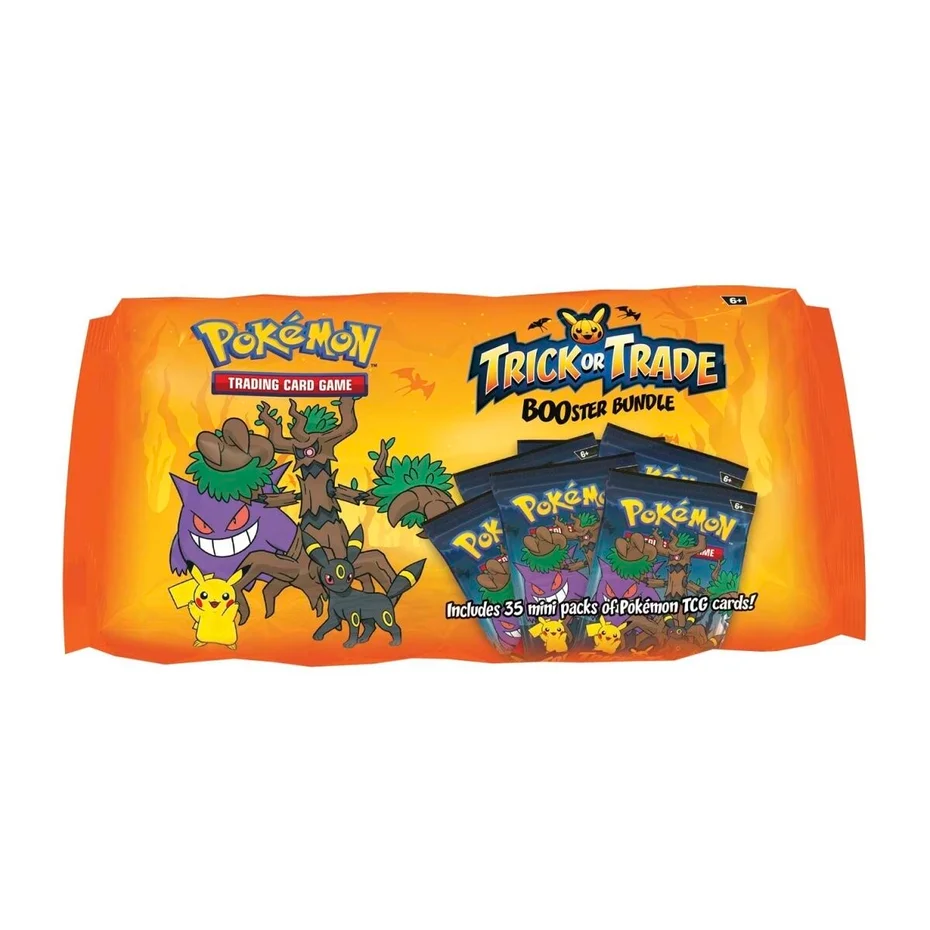
While there have already been dozens of Pokemon booster pack and expansion pack releases in 2024, even more have yet to be released! In 2024, expect decks geared toward beginners, seasonal decks (like the Trick or Trade BOOster Bundle), and special collection decks. While it is unknown what the Pokemon TCG 2025 card decks will bring, though expect options like World Championship decks, other seasonal offerings, and perhaps another anniversary collection (like the Pokemon Cards 25th Anniversary Collection Booster Box).
Conclusion
One thing's certain: Pokémon TCG will not go anywhere anytime soon. With the continued release of new, exciting decks monthly, championships keeping fans on the edge of their seat, and fun merch (like Pokemon beauty and self-care products), the game will remain relevant for many years to come.
Found a high-value Pokemon card or a booster pack you can't wait to add to your collection? Share it on social media and tag @sugoimart! We love hearing about Pokemon-related activities and products.
In the meantime, head to Sugoi Mart's Pokemon Collection to spruce up your Pokemon collection. From cards to plushies and home decor, our selection will have you wanting to say, "Gotta catch 'em all!".
Subscribe to Sugoi Mart's newsletter to receive updates on Pokémon cards and merchandise! Click the following link and enter your email to subscribe.





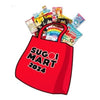
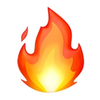
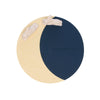

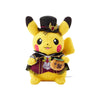

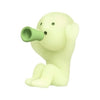

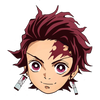
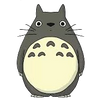


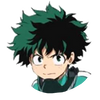
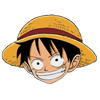
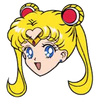
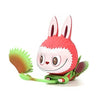
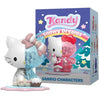
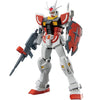




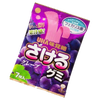
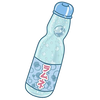
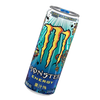
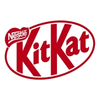
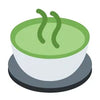



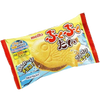
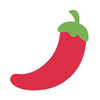


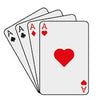


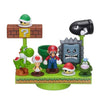



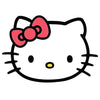
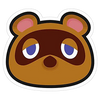
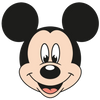






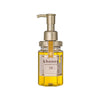



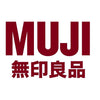
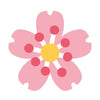
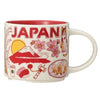
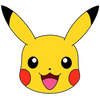
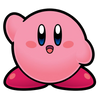
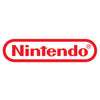

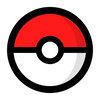

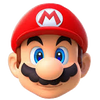

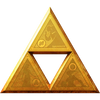
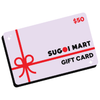
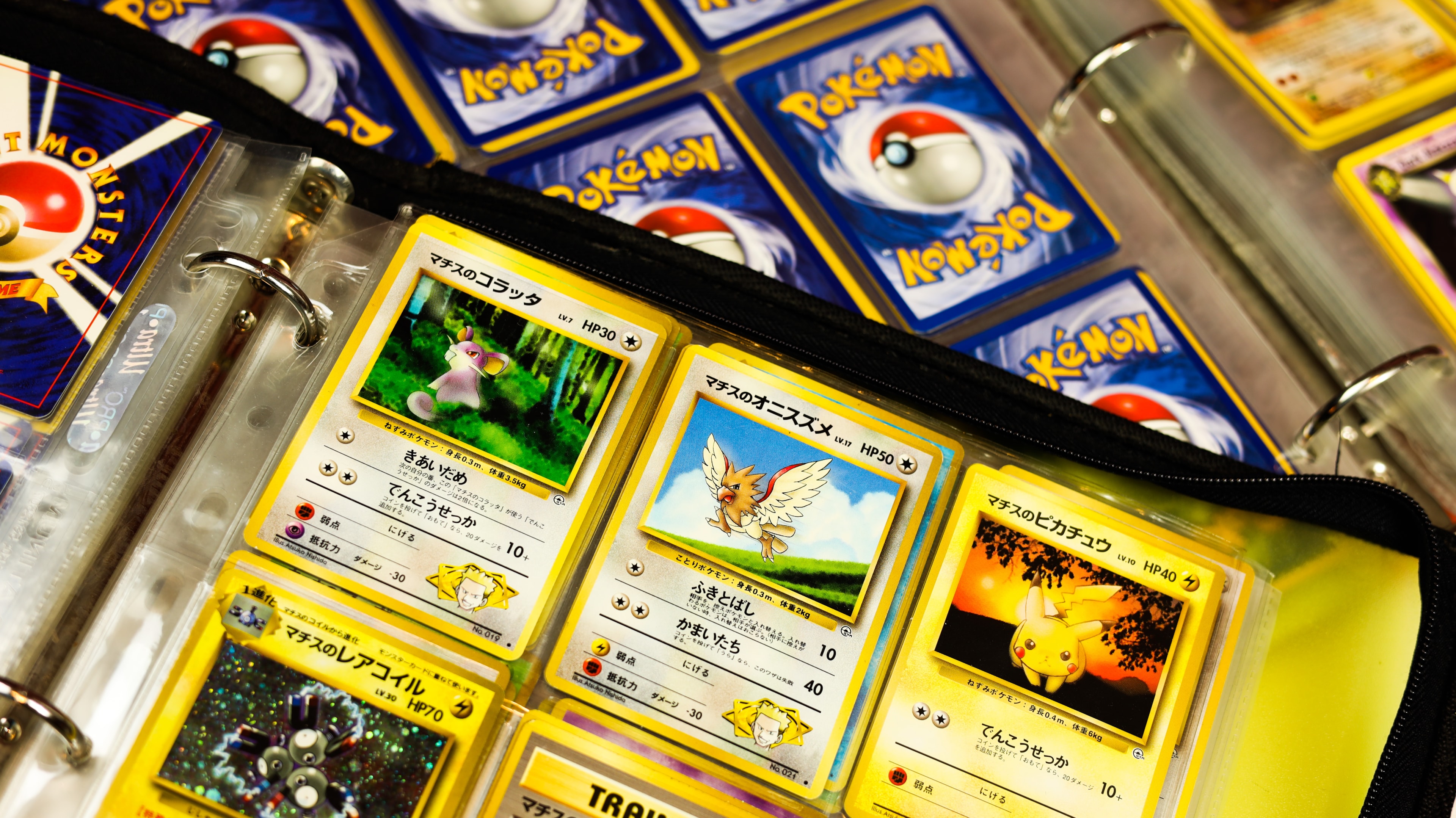



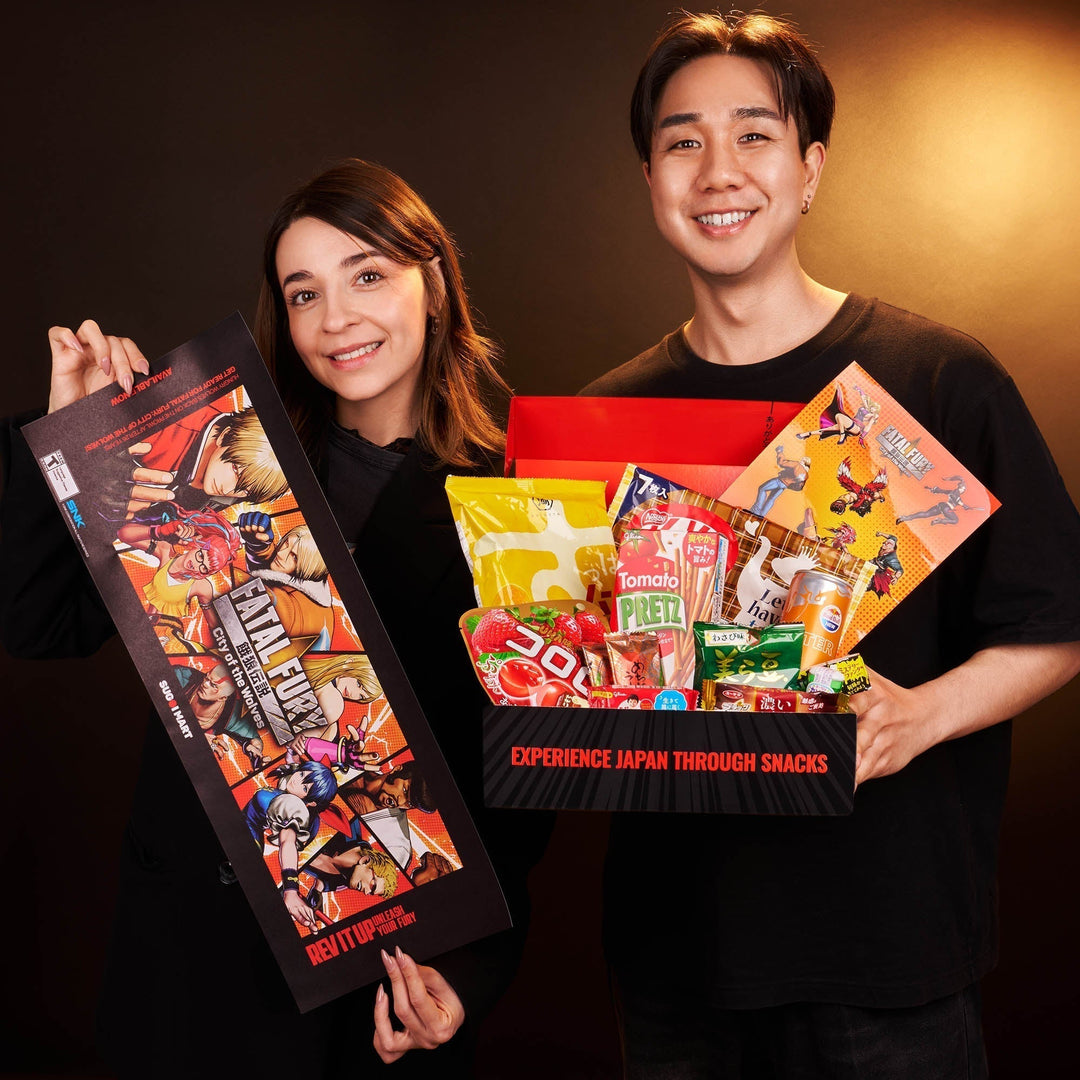
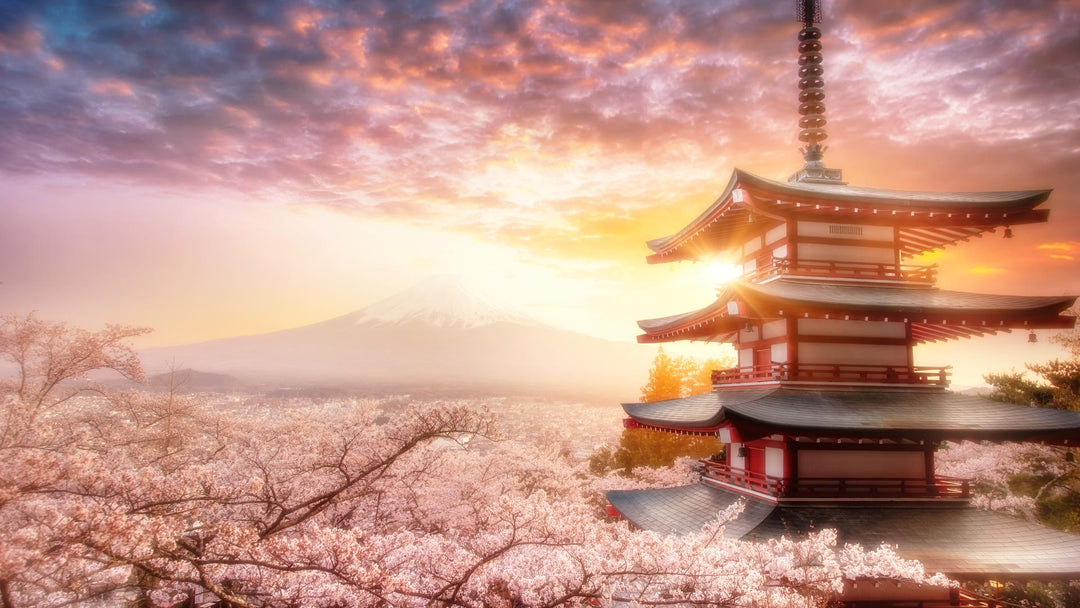

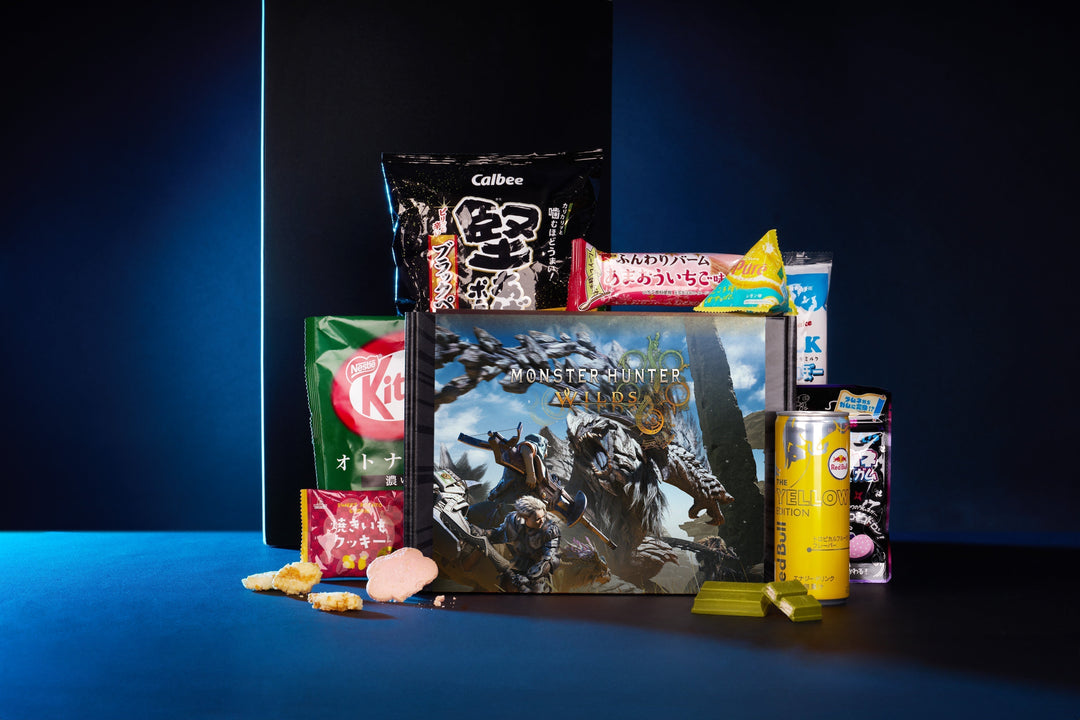
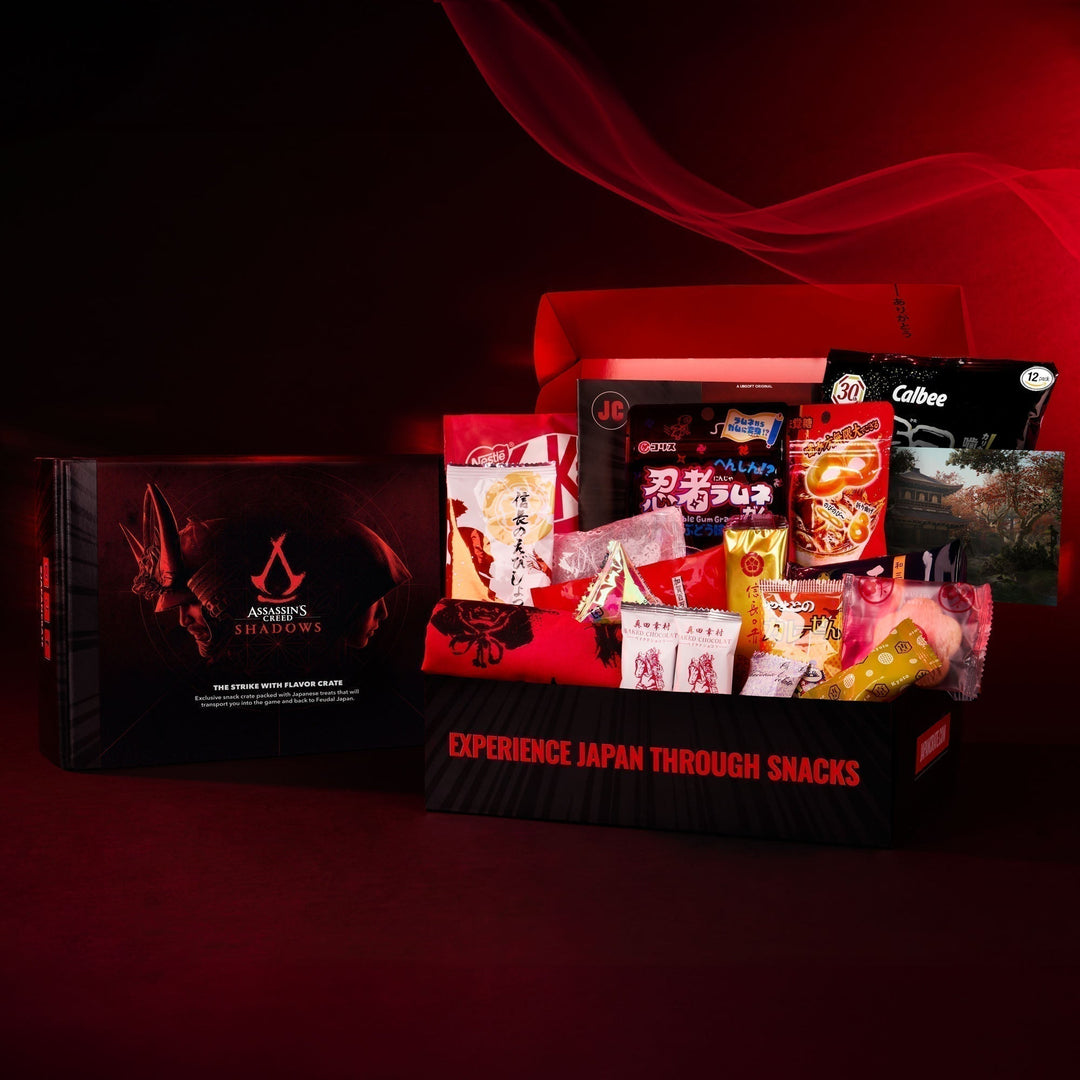
Leave a comment